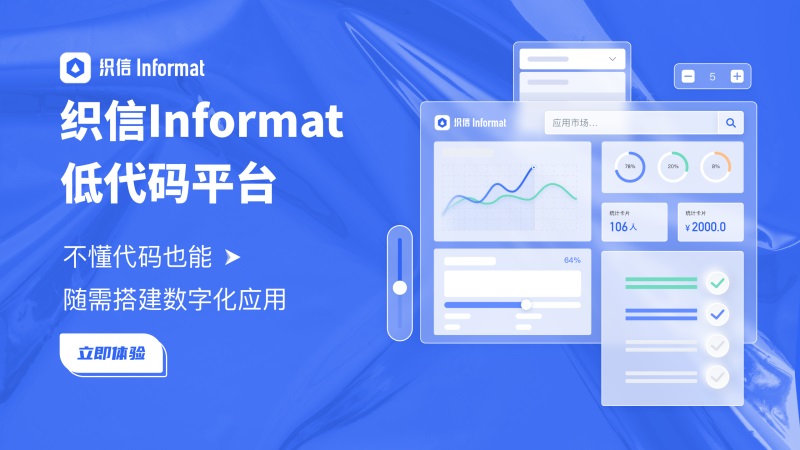研发团队一般会有什么问题


R&D TEAM ISSUES: IDENTIFICATION AND SOLUTIONS
A research and development (R&D) team, while fundamental to a company's innovation and growth, is not without challenges. These problems can range from poor communication, lack of clear goals, inadequate resources, conflicting priorities, and insufficient innovation. Each of these challenges can negatively impact the productivity and efficiency of the R&D team, thereby affecting the company's overall performance.
To effectively manage and resolve these issues, it is essential to understand their root causes and implement appropriate strategies. This article will delve into these challenges, exploring their causes and providing solutions.
I. POOR COMMUNICATION
Poor communication is a common problem in many R&D teams. It can lead to misunderstandings, inefficiencies, and conflicts.
Causes of Poor Communication
Poor communication can stem from a variety of factors. One common cause is the lack of clear and concise communication channels and protocols. Without these, team members may not know the best way to share information, leading to confusion and misunderstandings.
Another cause is the fAIlure to communicate expectations and responsibilities clearly. If team members do not understand their roles and the expectations placed on them, they may not be able to perform their tasks effectively.
Solutions for Poor Communication
Improving communication in an R&D team requires a multi-faceted approach. First, establish clear communication channels and protocols. This could involve setting up regular team meetings, using project management software to track tasks and progress, and creating guidelines for email communication.
Second, clarify roles and expectations. This should be done at the start of a project and reviewed regularly. Clear communication of roles and expectations can help avoid misunderstandings and conflicts.
II. LACK OF CLEAR GOALS
Without clear goals, an R&D team can become directionless and inefficient.
Causes of Lack of Clear Goals
The lack of clear goals in an R&D team can be due to several factors. One common cause is a failure to align the team's goals with the company's strategic objectives. This can lead to confusion and a lack of focus.
Additionally, goals may not be clear if they are not well-defined or measurable. If team members do not know what they are working towards or how their progress will be measured, they may struggle to stay motivated and productive.
Solutions for Lack of Clear Goals
To address this issue, start by aligning the team's goals with the company's strategic objectives. This will ensure that everyone is working towards the same overarching goal.
Next, define goals clearly and make them measurable. This can be done using the SMART (Specific, Measurable, Achievable, Relevant, and Time-bound) goal-setting framework.
III. INADEQUATE RESOURCES
Inadequate resources can hamper an R&D team's ability to carry out their tasks effectively.
Causes of Inadequate Resources
Inadequate resources can result from budget constraints, lack of skilled staff, and insufficient technology or equipment. These factors can limit the team's ability to innovate and produce quality results.
Solutions for Inadequate Resources
To address the issue of inadequate resources, companies need to invest in their R&D teams. This could involve increasing the budget for R&D, hiring skilled staff, and upgrading technology and equipment.
IV. CONFLICTING PRIORITIES
Conflicting priorities can lead to inefficiencies and hinder a team's ability to focus on their goals.
Causes of Conflicting Priorities
Conflicting priorities can arise when team members have different ideas about what should be prioritized. This can lead to confusion and a lack of focus.
Solutions for Conflicting Priorities
To address this issue, it's important to establish clear priorities for the team. This can be done by aligning the team's goals with the company's strategic objectives and ensuring that everyone understands these priorities.
V. INSUFFICIENT INNOVATION
Innovation is critical for an R&D team, but many teams struggle to innovate effectively.
Causes of Insufficient Innovation
Insufficient innovation can be caused by a lack of creative thinking, a fear of risk-taking, and a lack of diversity in the team. These factors can stifle innovation and hinder the team's ability to come up with new ideas.
Solutions for Insufficient Innovation
Promoting innovation in an R&D team requires fostering a culture of creativity and risk-taking. This can be achieved by encouraging team members to think outside the box, rewarding innovative ideas, and cultivating a diverse team.
In conclusion, while R&D teams face numerous challenges, these can be effectively managed and resolved with the right strategies. By improving communication, setting clear goals, providing adequate resources, establishing clear priorities, and fostering innovation, companies can enhance the productivity and efficiency of their R&D teams.
相关问答FAQs:
1. 为什么研发团队在项目开发过程中经常会面临技术难题?
研发团队在项目开发过程中面临技术难题的原因有很多,主要包括项目需求变更、新技术的应用、系统架构设计等。这些问题需要团队成员具备扎实的技术能力和解决问题的能力,同时也需要良好的团队协作和沟通能力。
2. 研发团队如何应对项目开发过程中的压力和紧急情况?
在项目开发过程中,研发团队可能会面临时间紧迫、需求变更频繁等压力和紧急情况。团队应该建立有效的沟通机制,及时与项目经理、产品经理等相关人员进行沟通,共同制定解决方案。同时,团队成员也需要保持良好的心态和抗压能力,合理安排工作和休息时间,避免过度压力对工作质量和团队氛围的影响。
3. 如何提高研发团队的创新能力和技术水平?
提高研发团队的创新能力和技术水平是一个持续的过程。团队可以通过举办技术分享会、参加行业研讨会、培训课程等方式,不断学习和更新最新的技术知识和发展趋势。此外,团队成员之间的合作和交流也非常重要,可以互相借鉴和分享经验,激发创新思维。团队领导者还可以鼓励成员提出新的想法和解决方案,给予他们充分的支持和鼓励。
最后建议,企业在引入信息化系统初期,切记要合理有效地运用好工具,这样一来不仅可以让公司业务高效地运行,还能最大程度保证团队目标的达成。同时还能大幅缩短系统开发和部署的时间成本。特别是有特定需求功能需要定制化的企业,可以采用我们公司自研的企业级低代码平台:织信Informat。 织信平台基于数据模型优先的设计理念,提供大量标准化的组件,内置AI助手、组件设计器、自动化(图形化编程)、脚本、工作流引擎(BPMN2.0)、自定义API、表单设计器、权限、仪表盘等功能,能帮助企业构建高度复杂核心的数字化系统。如ERP、MES、CRM、PLM、SCM、WMS、项目管理、流程管理等多个应用场景,全面助力企业落地国产化/信息化/数字化转型战略目标。版权声明:本文内容由网络用户投稿,版权归原作者所有,本站不拥有其著作权,亦不承担相应法律责任。如果您发现本站中有涉嫌抄袭或描述失实的内容,请联系邮箱:hopper@cornerstone365.cn 处理,核实后本网站将在24小时内删除。
相关文章推荐
立即开启你的数字化管理
用心为每一位用户提供专业的数字化解决方案及业务咨询




